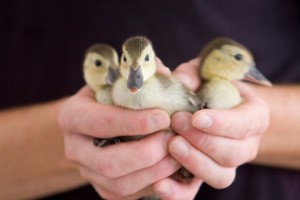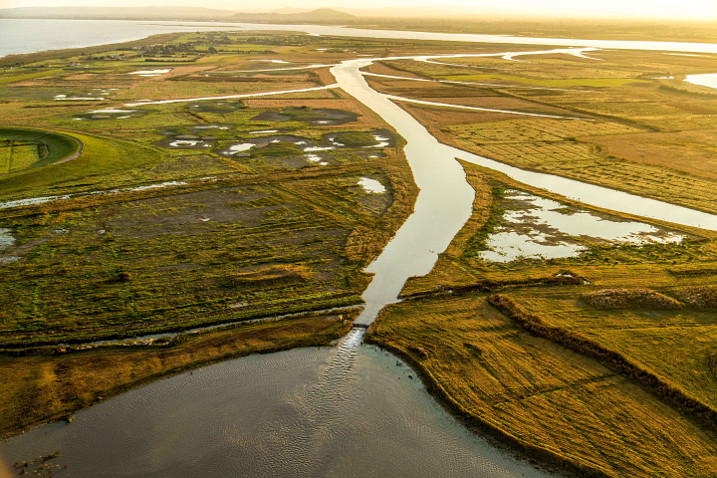Less than a quarter of freshwater wildlife has survived since the 1970s


Wildlife that relies on freshwater like wetlands has suffered almost twice the loss of land and marine species.
Overall, global wildlife populations have halved in the last 40 years, according to the WWF Living Planet Report published today.
But freshwater wildlife has been particularly badly hit by habitat loss, pollution and invasive species. The report suggests that simply protecting freshwater areas hasn’t been effective because the quality and quantity of water coming into a protected area is affected by issues upstream.
There is hope though. Wetlands can recover quickly in the right conditions. WWT takes a holistic approach to wetland conservation that ensures the habitat gets the right amount and quality of water, and is able to support local people sustainably so there’s less chance of conflict between people’s needs and those of wildlife.
WWT Chief Executive Martin Spray said:
“Wetland wildlife has borne the brunt simply because wetlands are so vital to all life, including our own.
“Globally there is less than a quarter of the wetland wildlife there was just 40 years ago. WWT works in places such as Madagascar and Cambodia where it’s evident that the vast pressure on wetlands to provide happens at the expense of wildlife and, ultimately, the local people too.
“The good news is that there are solutions. Fishing, farming and industry can be done more sustainably and, if they are, then wetlands can recover surprisingly quickly. In Madagascar, the pochard – the rarest bird in the world – is becoming a totem for wetland restoration. Madagascar currently has no protected wetlands and nowhere suitable to reintroduce the species. Restoring Lake Sofia for the pochard will make it better for the local people too and, hopefully, it could become the blueprint for wetland conservation in Madagascar, and even elsewhere.”
“The same principles apply at home. In England 90 percent of wetland has been destroyed over the last four centuries, and yet more is disappearing as climate change raises sea levels. It’s a challenge to make space for nature in such a densely populated country so, to succeed, conservation needs to be a solution that works for people too.
“WWT’s newest reserve, Steart Marshes, was completed earlier this month. At almost 500 hectares in total, it’s Britain’s biggest new wetland and it’s been a huge change for everyone living nearby. It couldn’t have happened without their involvement and support but, crucially, by being a natural flood defence, by giving local farmers somewhere to graze their livestock, and by nurturing the fry of important commercial fish stocks, it works for people as well as wildlife.”
